The generation of the processor is the first number after i9, i7, i5, or i3. Here are some examples: Intel® Core™ Processor i7-13700K Processor is 13th generation because the number 13 is listed after i7. Intel® Core™ Processor i9-12900HX Processor is 12th generation because the number 12 is listed after i9.
1stGeneration Of Computer Processor
Intel, with the help of Ted Hoff, introduced the world’s first microprocessor, the Intel 4004, on November 15, 1971. The 4004 had 2,300 transistors, performed 60,000 OPS (operations per second), addressed 640 bytes of memory, and cost $200.00. Intel introduced the 8008 processor on April 1, 1972. The invention of the microprocessor is generally credited to the microprocessor named Intel-4004. Intel took it out in the market in 1971. But at the same time Texas Instruments’s TMS-1000 and Gorett AI Research ie GAC had started manufacturing the Central Air Data Computer (CADC).
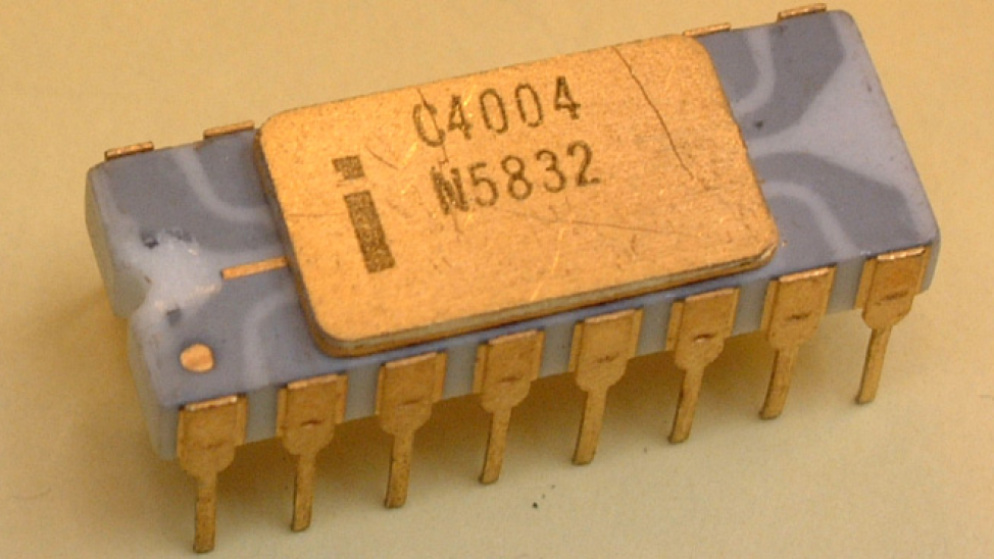
2nd Generation Of Computer Processor
The Intel 2nd Gen Core Processor Family utilizes 32nm microarchitecture technology. Its smaller transistors and new architectural design result in higher performance at lower power. This Intel microarchitecture features tighter integration of visual functionality, including graphics and media, into the processor. Sandy Bridge is the codename for Intel’s 32 nm microarchitecture used in the second generation of the Intel Core processors (Core i7, i5, i3). The Sandy Bridge microarchitecture is the successor to Nehalem and Westmere microarchitecture.
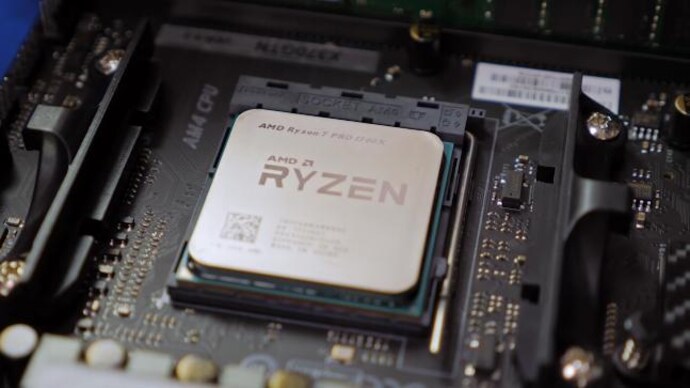
3rd Generation Of Computer Processor
The 3rd Gen Core Processor offers impressive improvements to the graphics and media processing capabilities. The first processor to ship using Intel’s latest 22nm process technology enables more features on a smaller die with improved power efficiency and battery life. Ivy Bridge is the codename for Intel’s 22 nm microarchitecture used in the third generation of the Intel Core processors (Core i7, i5, i3).
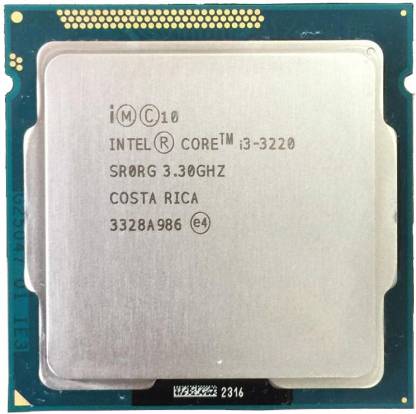
4th Generation Of Computer Processor
Intel 4th Gen Core Series i5 Desktop Processor delivers a 64-bit, multi-core processor built on 22-nanometer process technology. Intel 4th Generation Core Series i5 Processor is designed for a two-chip platform consisting of a processor and Platform Controller Hub (PCH).

| Product Name | Launch | DateMax Turbo Frequency |
| Intel® Core™ i5-4590T Processor | Q2’14 | 3.00 GHz |
| Intel® Core™ i5-4690 Processor | Q2’14 | 3.90 GHz |
| Intel® Core™ i5-4690S Processor | Q2’14 | 3.90 GHz |
| Intel® Core™ i5-4690T Processor | Q2’14 | 3.50 GHz |
5th Generation Of Computer Processor
Broadwell is the fifth generation of the Intel Core Processor. It is Intel’s codename for the 14 nanometer die shrink of its Haswell microarchitecture. It is a “tick” in Intel’s tick–tock principle as the next step in semiconductor fabrication.

| Product Name | Launch | Processor Graphics |
| Intel® Core™ i5-5287U Processor | Q1’15 | Intel® Iris® Graphics 6100 |
| Intel® Core™ i5-5300U Processor | Q1’15 | Intel® HD Graphics 5500 |
| Intel® Core™ i5-5350U Processor | Q1’15 | Intel® HD Graphics 6000 |
6th Generation Of Computer Processor
The 6th generation Intel® Core™ processor family, formerly Skylake U-Series (Mobile) features ultra-low-power, 64-bit, multi-core processors built on Intel’s latest 14 nm technology.
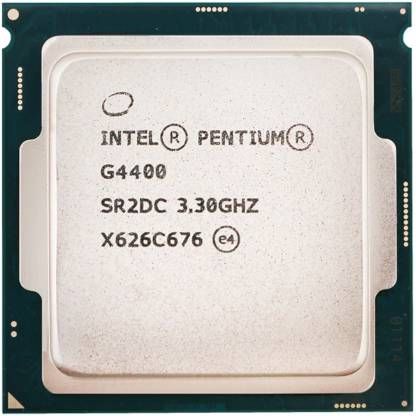
| Product Name | Launch | DateMax Turbo Frequency |
| Intel® Core™ i5-6300HQ Processor | Q3’15 | 3.20 GHz |
| Intel® Core™ i5-6300U Processor | Q3’15 | 3.00 GHz |
| Intel® Core™ i5-6360U Processor | Q3’15 | 3.10 GHz |
| Intel® Core™ i5-6400 Processor | Q3’15 | 3.30 GHz |
7th Generation Of Computer Processor
The 7th generation Core i3, Core i5 and Core i7 desktop processors consume as little as 35W of power – with even the top-end CPU consuming a mere 95W.

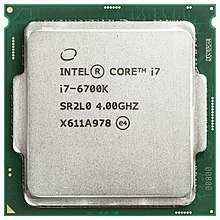
| Product Name | Launch | Max Turbo Frequency |
| Intel® Core™ i7‑7560U Processor | Q1’17 | 3.80 GHz |
| Intel® Core™ i7‑7567U Processor | Q1’17 | 4.00 GHz |
| Intel® Core™ i7‑7660U Processor | Q1’17 | 4.00 GHz |
8th Generation Of Computer Processor
The 8th Generation Intel® Core™ processors redefine mainstream desktop PC performance with up to six cores for more processing power—that’s two more cores than the previous generation Intel® Core™ processor family—Intel® Turbo Boost Technology 2.0 to increase the maximum turbo frequency up to 4.7 GHz, and up to 12 MB …
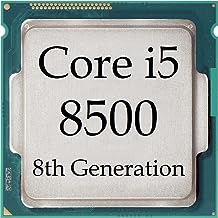
| Product Name | Launch | Max Turbo Frequency |
| Intel® Core™ i7‑8557U Processor | Q3’19 | 4.50 GHz |
| Intel® Core™ i7‑8569U Processor | Q2’19 | 4.70 GHz |
| Intel® Core™ i7‑8665U Processor | Q2’19 | 4.80 GHz |
9th Generation Of Computer Processor
The NEW 9th Generation of Intel® Core™ Desktop Processor Delivers: A range of processors including the first unlocked Intel® Core™ i9 mainstream desktop processor. Data acceleration when paired with Intel® Optane™ memory to retrieve that data you use the most for fast system responsiveness.
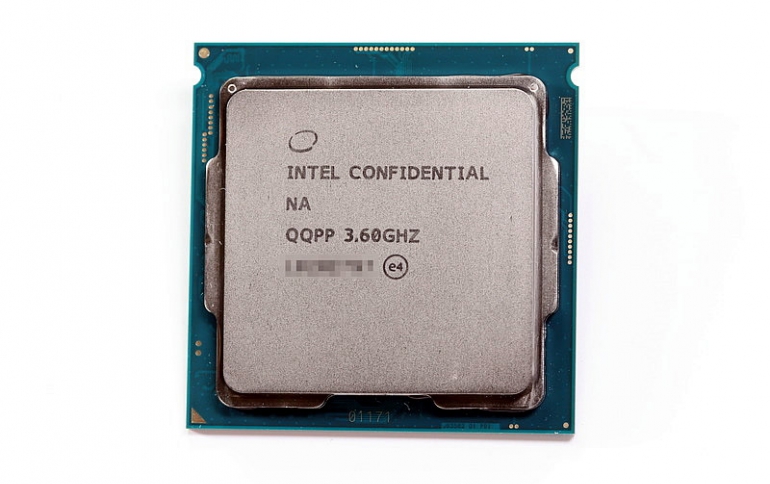
| Product Name | Launch | Max Turbo Frequency |
| Intel® Core™ i7‑9700E Processor | Q2’19 | 4.40 GHz |
| Intel® Core™ i7‑9700TE Processor | Q2’19 | 3.80 GHz |
| Intel® Core™ i7‑9850HE Processor | Q2’19 | 4.40 GHz |
10th Generation Of Computer Processor
Comet Lake processors and Ice Lake 10 nm processors are together branded as the Intel “10th Generation Core” family. Intel officially launched Comet Lake-Refresh CPUs on the same day as 11th Gen Core Rocket Lake launch. The low-power mobile Comet Lake-U Core and Celeron 5205U CPUs were discontinued on July 7, 2021.
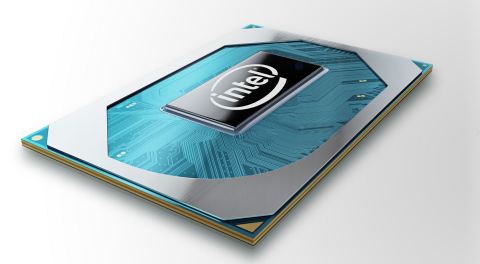
| Product Name | Launch | Max Turbo Frequency |
| Intel® Core™ i7‑10870H Processor | Q3’20 | 5.00 GHz |
| Intel® Core™ i7‑10610U Processor | Q2’20 | 4.90 GHz |
| Intel® Core™ i7‑10810U Processor | Q2’20 | 4.90 GHz |
11th Generation Of Computer Processor
11th Gen Intel® Core™ processors introduced a core and graphics architecture with IPC gains enabling AI-assisted acceleration, best-in-class wireless and wired connectivity, and advanced tuning features for performance boosts so you can do more.
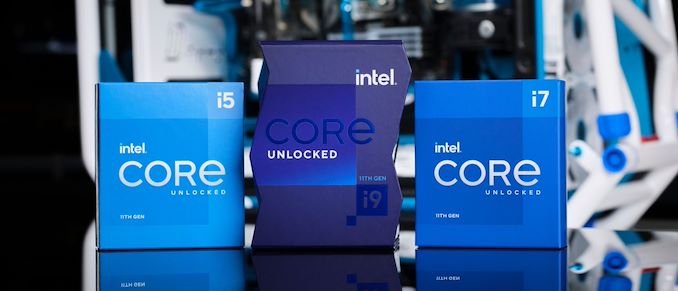
12th Generation Of Computer Processor

12th Gen Intel® Core™ processors deliver highly flexible architecture and industry-leading overclocking tools for the ultimate in performance customization. 12th Gen Intel® Core™ processors offer leading edge performance hybrid architecture and support both DDR5 and PCIe 5.0. This particular lineup includes the locked variants (non-K) variants including the Intel Core i5-12600, Core i7-12700, and Core i9-12900.
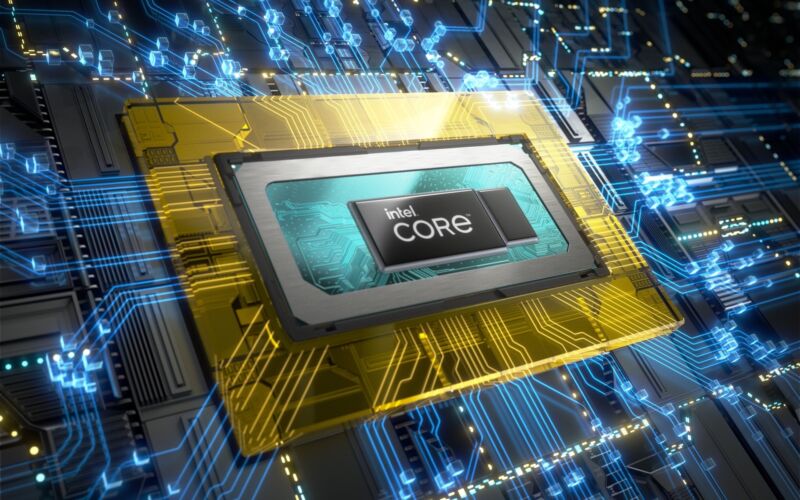
13th Generation Of Computer Processor
The 13th Gen Intel® Core™ processor family offers faster P-cores and more E-cores with support for DDR4/DDR5 and PCIe 4.0/5.0. That provides a platform that can max out multitasking and choice for configurability.
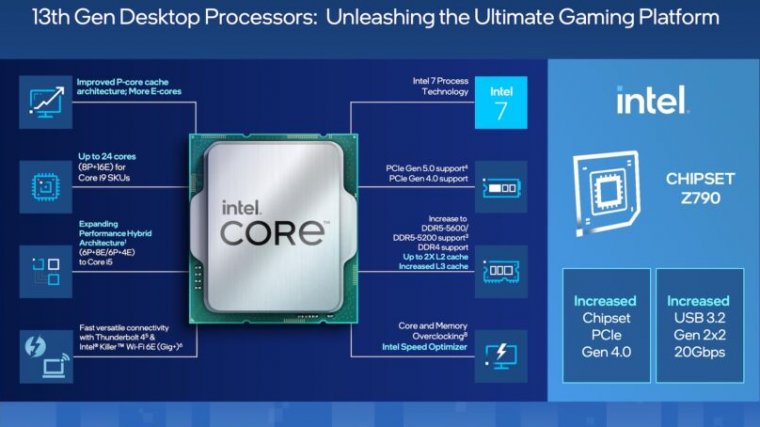
14th Generation Of Computer Processor
As per Intel’s confirmation during their Q1 2023 earnings report, the 14th Gen CPUs, known as Meteor Lake, are expected to launch in the second half of 2023. More specific leaks suggest a possible release in September or October 2023.

